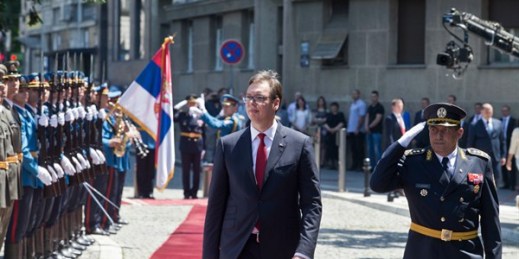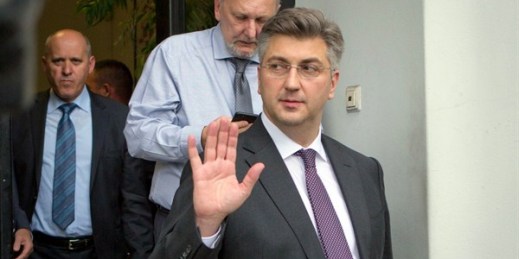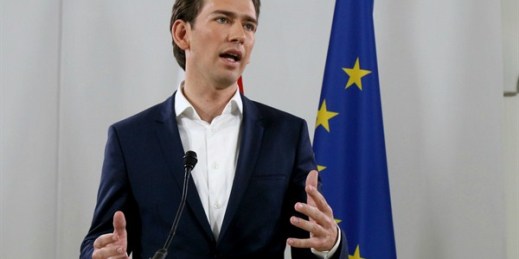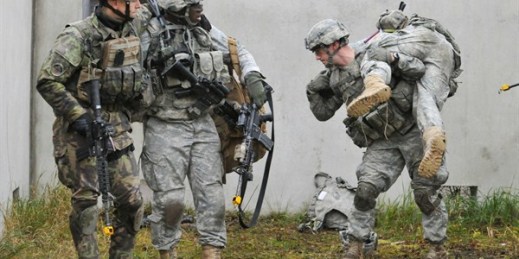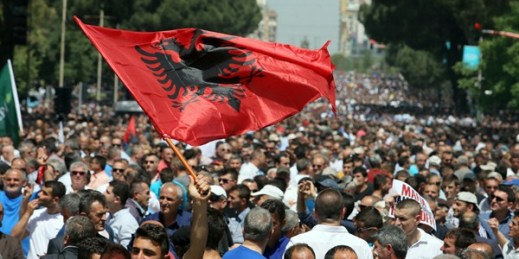
Albania’s “on again, off again” election is back on after the opposition ended its threat of a boycott last month. But allegations of a spiraling drug-trafficking problem, and claims and counterclaims of criminal links to politics, are still an unedifying sight in a European Union candidate state. Prolonged political deadlock over recent months is a sign not only of Albania’s deep political divisions and dysfunctions, but also of the EU’s limited ability to use its leverage in the increasingly restive Western Balkans. On May 22, Albania’s government confirmed a deal that put opposition figures into government positions, a compromise that […]

